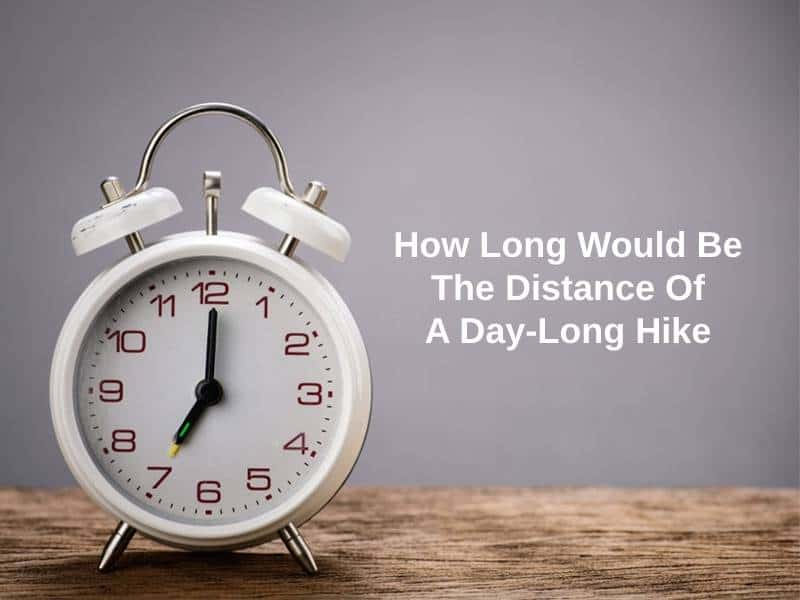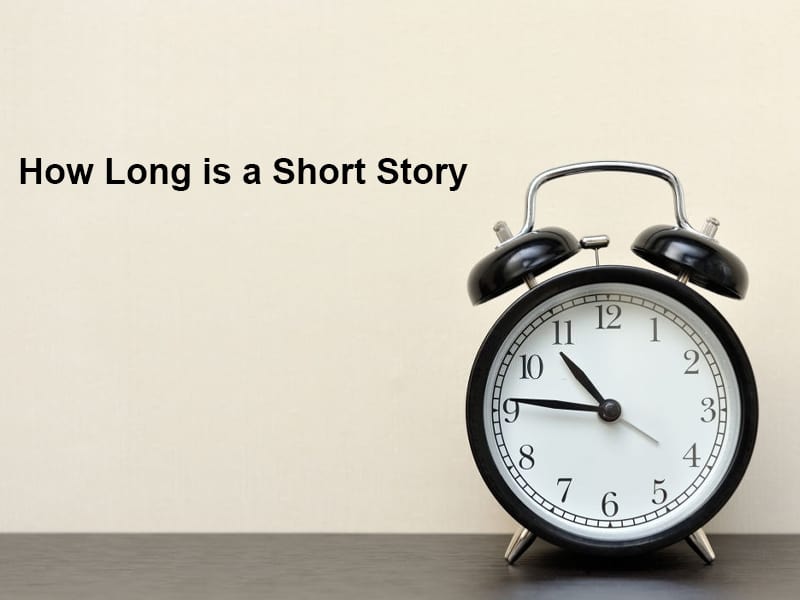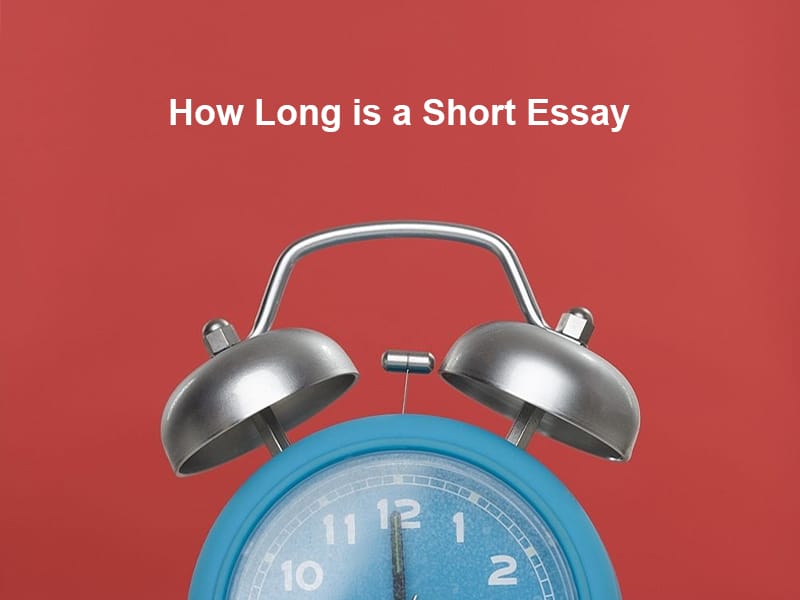Exact Answer: A Thousand Years
The Ages of the world is a religious classification of the time as per the Christian faith. This theory was first pronounced by the Augustine of Hippo in 400 AD. The categorization of ages is based on the religious events taking place in the Christian world, beginning with the start of the human race and continuing till after the advent of Lord Jesus Christ.
This system was widely in use in the Middle Ages and it also served as the basis for recording the developments of the time. Moreover, at some times, recording the developments mostly involved filling out some parts of this timeline.

How Long Is An Age?
In most cases and theories, there are found to be Six Ages of the World which are known as sex aetates mundi in the Latin language. However, some sources believe in the Seven Ages of the World theory which is known as septum aetates mundi in Latin.
According to popular Christian belief, God created the entire universe in just a week or seven days. These six days of the creation of the universe are believed to correspond to the Six Ages of the World. On the seventh day of creation, which was the Sabbath, God took a rest and it is denoted as a constant and ever-continuing journey of the human soul in finding eternal peace. Thus, the seventh day is not considered a separate age but a parallel one.
| The Six Ages of the World | Time Believed To Last For |
| The first age | A thousand years |
| The second age | A thousand years |
| The third age | A thousand years |
| The fourth age | A thousand years |
| The fifth age | A thousand years |
| The sixth age | A thousand years |
The first age marked the beginning of the start of human race along with the stories of Noah. The second age covers the interval from Noah building the boat at the time of flood to the period of Abraham. The period from Abraham, the father of all nations, to King David is referred to as the Third Age.
The fourth age is the period that was marked by Babylonian captivity. The fifth age is the age between the migration of people to Babylonia and the birth of Jesus Christ. The period after the birth of Lord Jesus Christ is called as sixth age.
Why Is An Age So Long?
The idea that an age that lasted for a thousand years had originated from the Bible. As per the II Peter 3:8 of the Holy Bible, “But of this one thing be not ignorant, my beloved, that one day with the Lord is as a thousand years and a thousand years as one day.” This idea was the fundamental behind considering a period of a thousand years to form an Age.
This biblical belief resulted in the belief that the human race would go through six ages where each is of a thousand years. This would correspond to the six days taken by God to create the universe. The seventh age, as per some traditions, would be the eternity spent in heaven signifying the day of the rest of God after the creation of the earth.
Moreover, the thinkers of the Christian faith in the medieval world believed that the length of human existence can be estimated with reference from Bible. The method devised by them for this was to count the number and length of generations leading up to Jesus Christ, as was recorded in biblical myths. Subsequently, an age was inferred to be of a period of thousand years.
Conclusion
An Age in the Christian faith refers to a period of thousand years. There are supposed to be Six Ages of the World, which begin from the creation of the human race leading to the birth of Lord Jesus Christ and the further period. These periods of age hold great significance in the Christian set of beliefs and values.
The reason why the Age is so long is due to the biblical references on the same. There have been many such religious references that have determined the length of an Age. These indications have been strictly followed by the believers of the faith resulting in the determination of age as a thousand years.




















